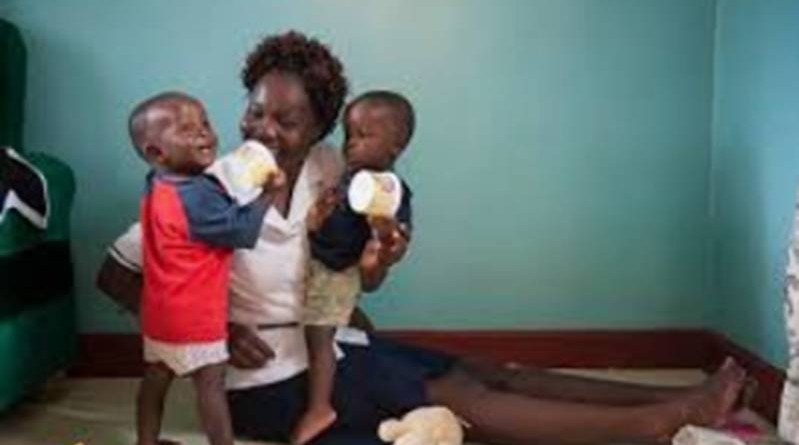One Out of Every Five Children Will be Born Without Health Care
According to Save the Children, nearly one out of every five children (17.9%) born this year (2024) will be born without health care or medical care, without the presence of a doctor, midwife, or nurse, which poses significant risks to both the infants and their mothers. Conflict and climate change are contributing factors that are pushing critical maternal health services out of reach.
The organization’s recent analysis also reveals that over a fifth of births will occur outside of health facilities, with this number increasing to almost half in conflict-affected areas. The report, titled “Silent Emergency: Women Dying to Give Life,” estimates that 24 million mothers will deliver without medical assistance, while 28 million will give birth outside of health facilities.
Save the Children warns that the rise in conflicts, climate-related disasters, humanitarian crises, and threats against reproductive health and human rights are hindering progress towards a safer world where childbirth is not a life-threatening experience for millions of women.
In Somalia, the impact of the climate crisis is severe, and the country is among the top 10 worst conflict-affected nations for children. Shockingly, only 31.9% of women in Somalia have access to skilled birth attendance, marking the lowest rate globally.
Rahma, a 32-year-old woman, shared her experience of giving birth in Beledweyne hospital with the support of Save the Children and the Damal Caafimaad Project. She described her previous home births as traumatic, emphasizing the lack of professional medical assistance and the dangerous situations she faced. However, with the care of the hospital’s midwifery team, Rahma successfully delivered a healthy baby boy named Ahmed. She expressed gratitude for the support received, including guidance on breastfeeding and postnatal care.
Climate change is exacerbating the frequency and intensity of extreme heat and wildfires, resulting in increased risks of preterm birth, stillbirths, and pregnancy complications, as stated by Save the Children.
The analysis reveals that due to escalating global conflicts, pregnant women in war-torn areas are three times more likely to deliver without the presence of a doctor, midwife, or nurse. Furthermore, nearly half of births (44%) in conflict zones occur outside of health facilities, in contrast to only 15% in other regions.
The devastating consequences of conflict are most apparent in Gaza, where continuous bombardment, siege, and hindrance of aid deliveries have decimated the healthcare system. Save the Children’s recent study identified a minimum of 435 attacks on health facilities or personnel between October 7, 2023, and early April 2024 – equivalent to 73 attacks per month of conflict.
While progress in global maternal health was advancing a decade ago, the current trajectory towards achieving the UN target of 70 deaths per 100,000 births worldwide by 2030 has stalled. Research from the World Health Organization indicates that a woman succumbs to childbirth or pregnancy-related complications every two minutes.
Save the Children emphasizes the necessity for governments to safeguard the lives of women and children by implementing robust primary healthcare, comprehensive sexual and reproductive services, and education, supported by effective and sustainable financing. Leaders must also resist any regression in sexual and reproductive health and human rights advancements.
Marionka Pohl, the Global Head of Health Policy and Advocacy at Save the Children, highlighted that in both conflict zones and climate change hotspots, children are the most vulnerable and affected, even from the moment they are born. Mothers and infants in these environments face heightened risks, resulting in more children growing up without a mother and more mothers experiencing the anguish of losing their newborns.
It is imperative that women, including those residing in the most isolated and perilous regions globally, are provided with medical assistance, resources, and the opportunity to avail reproductive services and education. Taking action promptly is crucial; any negligence in upholding the advancements achieved in recent decades will result in women and children bearing the consequences.




